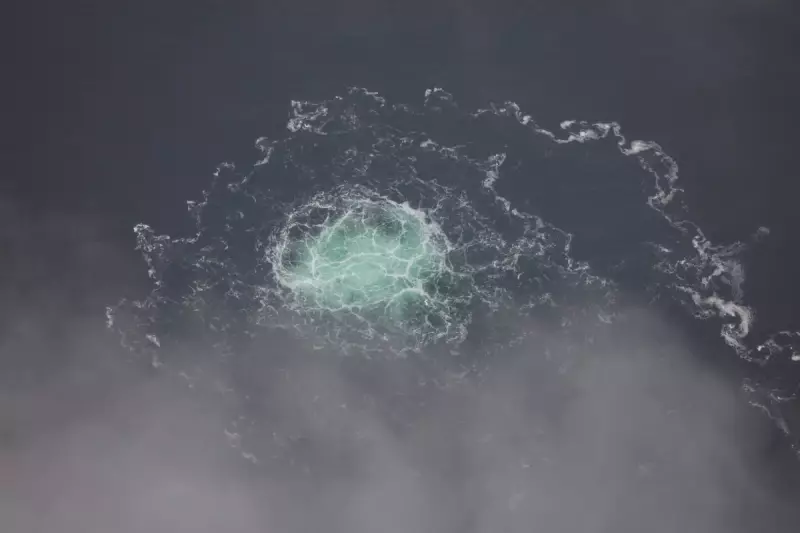
In a dramatic development that strikes at the heart of European energy security, Italian authorities have detained a Ukrainian man suspected of masterminding the catastrophic explosions that crippled the Nord Stream gas pipelines last year. The operation, conducted at Germany's formal request, marks a significant breakthrough in one of the most high-profile acts of infrastructure sabotage in recent history.
The suspect, whose identity remains protected under Italian privacy laws, was apprehended in a covert operation. German federal prosecutors, leading the intensive investigation, have formally confirmed the arrest and are preparing a comprehensive extradition request. The charges are expected to be severe, encompassing acts of anti-constitutional sabotage, detonating an explosive device, and serious state-level property damage.
The Attack That Shook Europe
The clandestine operation targeting the Nord Stream 1 and 2 pipelines sent shockwaves across the globe in September 2022. The twin pipelines, designed to transport natural gas from Russia directly to Germany under the Baltic Sea, were rendered inoperable by a series of powerful, mysterious underwater blasts.
The incident immediately triggered an international crisis, fuelling rampant speculation and accusations. With Europe already grappling with an energy crunch exacerbated by the war in Ukraine, the attack was perceived as a direct assault on the continent's critical energy infrastructure, sending gas prices soaring and raising fears of further covert operations.
A Complex International Investigation
The investigation has been a labyrinthine international effort. Early suspicions fell on a pro-Ukrainian group, though Kyiv has consistently denied any official involvement. The arrest of a Ukrainian national in Italy, based on a German warrant, introduces a new and complex layer to the geopolitical puzzle.
This development will undoubtedly intensify diplomatic discussions behind closed doors. It raises profound questions about who authorised the attack and what its ultimate objectives were, whether to sever Germany's energy ties with Russia permanently or to serve as a stark warning.
The coming weeks will be critical as German prosecutors work to substantiate their case and secure the suspect's transfer. The world will be watching, awaiting answers to the question of who was responsible for plunging a critical energy artery into the darkness of the Baltic Sea.





